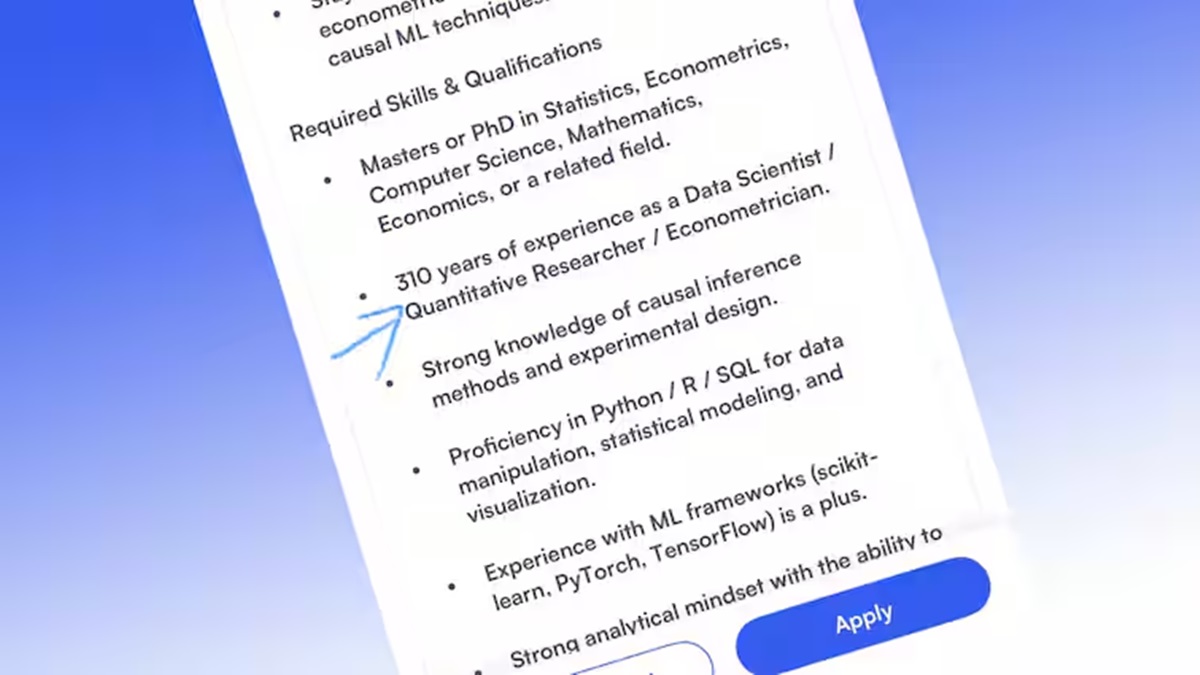When the world shut down five years ago due to the COVID-19 pandemic, remote work became the norm. Many theorized that this new model was the future of work. But even companies that originally championed the idea of remote and distributed work are implementing return-to-office mandates at a rapid rate.
One reason many companies cite for reopening office doors? Company culture has suffered. Management and employees alike have said they felt disconnected from their colleagues, working in silos and only collaborating when necessary.
I founded Stable in 2020 with the mission of making it simple to headquarter any business on the internet. We help companies to manage operations without needing a physical office, so our model is built for remote and distributed work, and we practice what we preach. Developing a remote-first culture isn’t just a perk, it is aligned with our product, customers and ethos. It also allows us to access talent across the country and serve a distributed customer base more effectively.
But in remote environments, being intentional about how you communicate and connect is critical. The pervading myth is that a strong culture only happens organically in person, through hallway chats, happy hours and office perks. But the reality is, remote work doesn’t actually erode culture — it exposes whether it ever truly existed. Here are four ways that we’ve kept remote culture thriving with a distributed team at Stable:
1. Codify and live your values
Company values often get a bad wrap. They are rife with buzzwords and pondered over for months, only to never be thought of again. But remote teams need a shared compass. At Stable, we refreshed our company values with the whole team’s input to reflect how we work today. This is where we landed:
- Be human: Lead with empathy, act with authenticity and enjoy what you do.
- Stay curious: Invent novel solutions by asking why, listening and tinkering.
- Act quickly with purpose: Focus on what matters, continuously improve and move urgently towards the goal.
- Insist on exceptional outcomes: Strive for excellence and take ownership over the outcomes you deliver.
- Exceed customer expectations: Create delightful experiences with each interaction.
The next step was to ensure we brought those values to life. We created a #kudos channel in Slack to recognize our values in action, where employees can shout out their colleagues for work they’ve done that exemplifies them (and there are dozens of posts every month!). We’ve also incorporated these tenets into our hiring rubrics, feedback and collaboration norms. Lastly, each quarter, we recognize five employees who have truly embodied each value and present them with an award. Living your values means reinforcing them every day, not just listing them on your website.
2. Hire for fit, not just skill
Hiring talent that thrives in your organization is the foundation of any growing business. And one lesson that we learned quickly is that not everyone is the right fit, despite a glowing resume. Values-aligned hiring is essential when you can’t rely on in-person charisma or first impressions.
In order to suss out cultural fit, we’ve included casual “coffee chats” during the final stage of the interview process. Candidates get to have conversations with cross-functional team members, giving them a better understanding of the business and team dynamics. It provides a no-pressure environment where candidates are encouraged to ask questions, interviewers are urged to be transparent, and everyone gets the opportunity to assess personality and cultural alignment.
Senior leadership hires are particularly important when it comes to cultural fit. After all, they set the tone for their entire team. As we’ve grown three times in the past year, it has been imperative to put the right leadership in place that strongly reflects our company values and will nurture a strong culture that everyone can be proud of.
For these pivotal hires, we’ve found that in-person interviews are not just helpful, but often essential. Even though flying the leadership team out for an on-site can be expensive and time-consuming, the clarity and alignment we gain during those sessions are invaluable. It helps us assess mutual fit more holistically and build trust from the very beginning.
3. Regular touch points power our remote team
At Stable, we don’t think of a strong culture as the cherry on top, but as the infrastructure to a healthy business. It’s how decisions get made, how people feel seen and how work gets done. Because of that, we have created intentional rituals that allow our culture to thrive.
We have regular team-wide meetings with a mix of business updates (like company all-hands) and culture moments. For instance, once a quarter, we hold a “Lightning Chat:” a team member can choose to sign up and do a presentation on ANY topic of their choosing that is important to them. Topics have ranged from interior design to allergic reactions (yes, really!), and employees are thrilled to get a break from the grind and hear about something their coworkers are passionate about. Plus, it’s a great conversation starter!
We also create opportunities for idea sharing and trust. Our biweekly “Mountain Meetings” involve small cross-functional groups sharing what they’ve been working on and asking for feedback or ideas, in addition to catching up with individuals they don’t typically speak with. And async sharing is always encouraged. Our #ideas channel on Slack is constantly buzzing with conversations about how we could be working better to achieve our goals.
It’s also key to be transparent with employees in a remote environment, when casual conversation may require more effort. We use Notion as our homebase for all documentation — whether that’s our company mission, values, vision, objectives or teamwork. Not only does this help with onboarding new employees, but it’s easily accessible for anyone to revisit if they need a refresher.
4. Make the most of in-person time
While Stable is a remote-first company, there is no arguing that in-person time is incredibly valuable. And for us, it’s rare, so we treat it like an accelerant.
Every quarter, we host an off-site in a new city across the country, and we fly in our employees for four days of face-to-face time. What started as a simple tradition when we were just four or five people has become a much more complex operation. But we find these gatherings more important than ever. The logistics may be trickier, but the impact is undeniable.
It’s not just about working in a new and interesting location. We use the time to create shared memories and build trust that carries into day-to-day work. While there is plenty of socialization and fun activities, we use off-sites to welcome new team members, resolve complex issues and brainstorm big ideas.
For instance, at our most recent off-site in Sedona, Ariz., we hosted a “Shark Tank” style competition for the best marketing campaign. Not only were the ideas fun — and often hilarious — but some will actually be implemented over the next year.
A strong culture is a strategic advantage for remote-first businesses
The negative feedback from employees and managers at remote-first companies isn’t unfounded. Company culture in distributed environments is fragile. And it definitely doesn’t build itself. But when it is nurtured, it becomes one of the strongest levers for retention, engagement and strong performance.
At Stable, our remote-first model has allowed us to hire and retain talent across geographies, while giving employees the flexibility they want. But in conjunction with our strong and intentional culture, we are able to cultivate deep connections and a shared purpose across the company. For Stable, a strong remote culture isn’t a bonus. It’s the bedrock of a successful business.




















